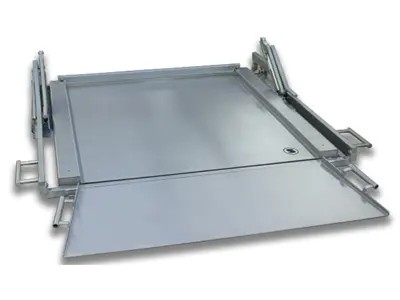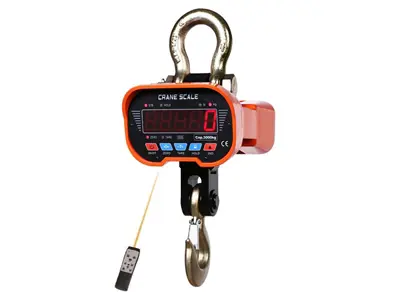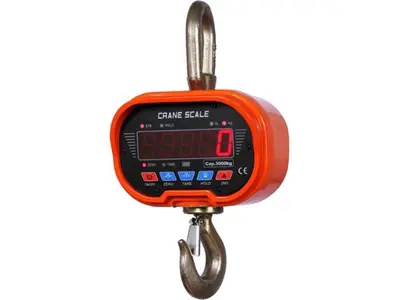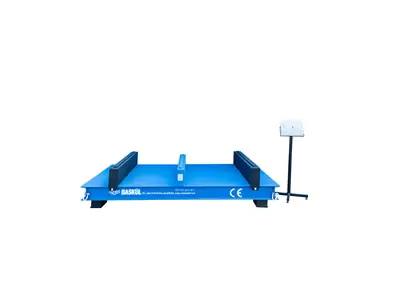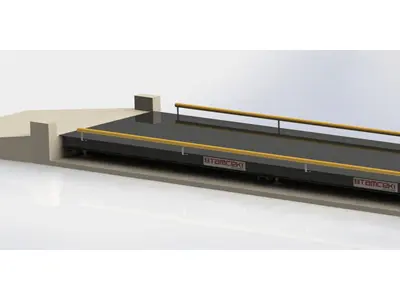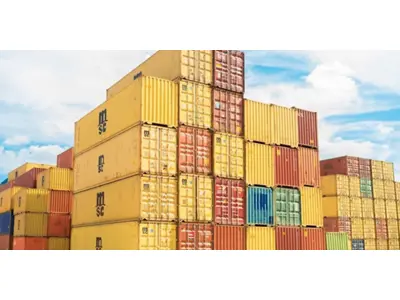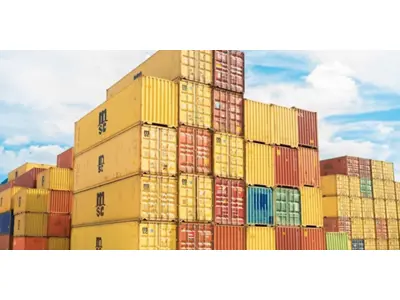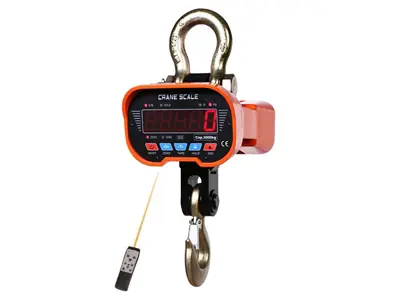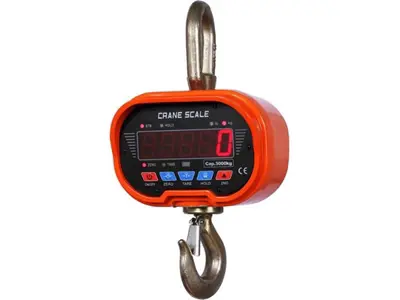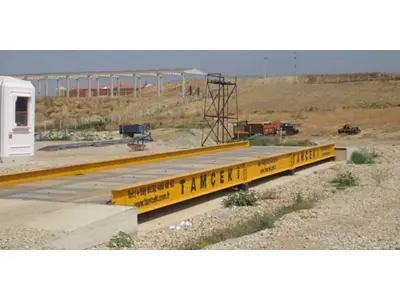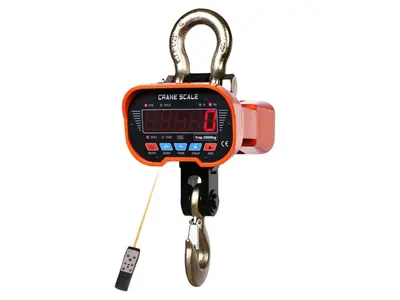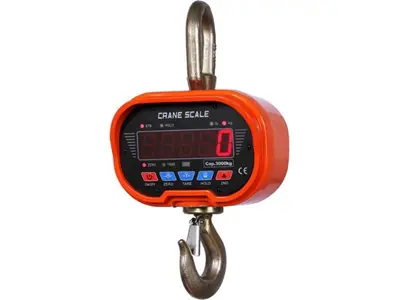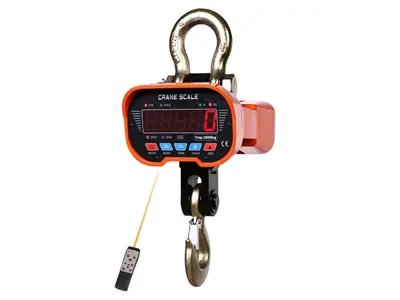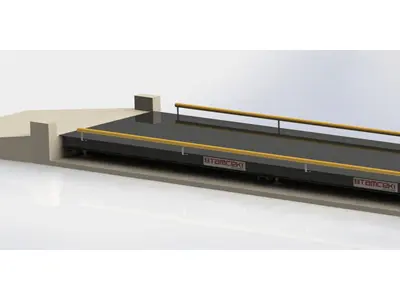What is a Scale and What are its Types?
A scale is a measuring instrument commonly used to measure weight or mass. Weight is the force on an object due to gravity, but in daily conversation, the terms 'mass' and 'weight' are often used interchangeably. Scales are used in various fields including commercial, industrial, and household applications, and they can be classified into various types based on different principles.
- Mechanical scales usually operate on a balance or spring principle. For example, balance scales, also known as beam scales, determine the weight of an object using a balancing mechanism. Spring scales measure weight by the elongation of a spring.
- Laboratory Scales: These scales are used in laboratory settings where precise measurements are required. They are used in chemistry, biology, and other scientific fields to make accurate measurements.
- Platform scales are typically placed on a platform or surface where vehicles pass. When a truck or a van is loaded, the special sensors or load cells on this structure detect the weight of the load. This information can be displayed through a digital screen or data collection systems. Truck scales provide weight information quickly and reliably, enabling the determination of whether the loads of vehicles comply with legal limits, and they are useful in customs checks, in the logistics operations of transport companies, and in load inspections. They also help prevent overloading on the road and ensure road safety.
- Electronic scales are a type of scale designed to measure weight accurately using electronic sensors and digital displays. They provide faster and more accurate results compared to mechanical scales. Electronic scales are widely used in various fields such as commercial, industrial, and household applications.
Where are Scales Used?
Scales are used in a wide range of applications and serve various purposes in different sectors. They are used in trade and retail, industrial and manufacturing, transport and logistics, food and agriculture, chemistry and laboratory, health and medicine, construction and engineering, energy and mining, transportation and shipping, education and research, and many other areas.
What are the Prices of Scales?
Scale prices vary greatly depending on several factors. The type, capacity, precision, brand, features, intended use, and production quality of the scales affect their prices. Additionally, factors such as geographical location, economic conditions, and supply chain can also impact prices.
For example, a 3-ton scale may be less costly compared to a 60-ton scale. However, industrial platform scales or high-precision laboratory scales may require more complex and costly technology.
Customized solutions such as vehicle scales, winch scales, or scales designed for special applications may also be more expensive. Depending on the type and features of the scale, price ranges can vary widely. Scale prices vary significantly based on the type and quality of the product, making it difficult to provide a specific price range. If you are considering purchasing a scale, it is important to identify your needs, research different brands and models, and ensure you have a suitable budget. You can get price quotes from many different suppliers at https://www.makinaturkiye.com/ and compare them.
